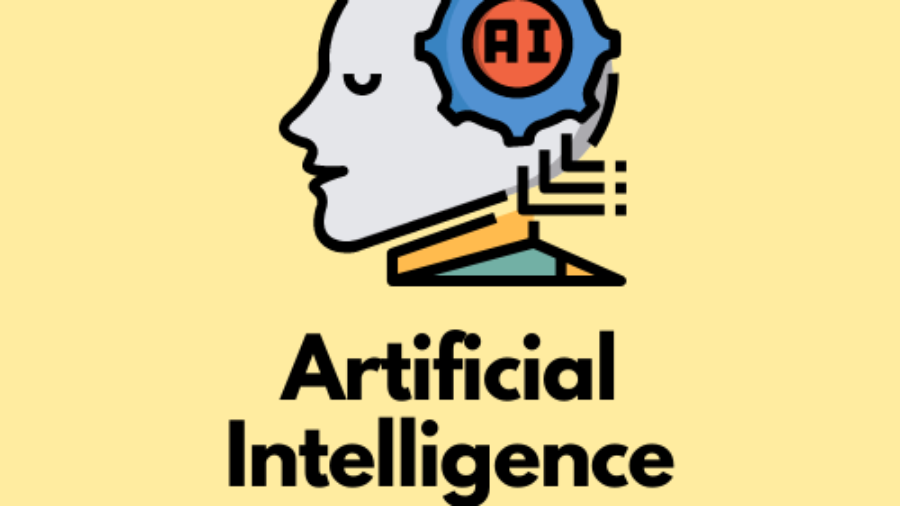Machine learning is a form of artificial intelligence where the computer becomes capable of analyzing data and making its own decisions. It can detect patterns in data, learn from them, and use that information to make predictions or take action. It has many practical applications in business, education, science, healthcare, manufacturing, and many other areas. These are just some ways machine learning is changing the world today.
Table of Contents
- What is machine learning?
- Marketing and machine learning
- Research and machine learning
- Business
- Conclusion
What is machine learning?
Most people associate machine learning with the concept of artificial intelligence, the idea that computers are actually conscious and can think for themselves. However, machine learning (the use of machine learning algorithms in practice) is quite different. Machine learning is a term that tends to get thrown around often in business, with two different definitions. Some refer to it as just the act of a computer using data in order to perform some activity. For example, when your computer analyzes thousands of images of cats and compares their features, it learns what a cat looks like. Others, however, define itg in terms of what it is and how it works, while some try to unify the two definitions.
Marketing and machine learning
Machine learning can be used in many marketing applications. By analyzing data from different sources, it can be used to determine which advertising campaigns will work best, or predict what products a customer will buy in the future. It can be used to recommend how to best spend marketing dollars. It is also often used for digital marketing, with campaigns generated by algorithms that use their knowledge of customer preferences to recommend content that the customer is most likely to engage with.
With machine learning, data analytics, and cloud computing, companies can get more bang for their marketing buck.
To learn more, Check out these UDEMY courses.
Research and machine learning
Data scientists create research in the form of code or algorithms, which run through predictive analytics to decide what action needs to be taken. A data scientist is a person who uses advanced data analysis to formulate a business strategy based on that data.
Machine learning tools have expanded the potential of data scientists to even the most data-poor or under-resource settings.
For example, with inexpensive and widely available technology, data scientists can quickly process large sets of data. This lets them work on certain queries and models within short periods of time. It can lead to more accurate decisions or improvements in outcomes. These can be shown through improved customer engagement, or increased efficiency in automation.
Business
Machine learning helps businesses find new insights and make decisions more efficiently. For example, it can generate predictions about market demand or product failure based on past data. The use of machine learning can also lead to more personalized product recommendations for consumers, automatic quality control of industrial equipment, increased transparency and safety in healthcare, and faster decision-making in many manufacturing processes.
Now companies are using it to predict their customers’ purchase preferences. They’re getting ahead of their competition with better customer service, improved productivity, and a greater understanding of their customers.
Conclusion
I hope you learned some valuable insights into this field. For the full guide click here!
If you want to learn more about the application of machine learning, check out the online courses on Udemy.
If you found this post helpful, please share it with your network using the buttons below. You can also follow us on our social media platforns for more updates.
Questions? Share them in the comments below!
Don’t forget to check out the Complete Machine Learning Courses!
I hope you liked this post. If you found it helpful, I’d be grateful if you could share it with your friends.

Great article, Well done!
[…] is a data-oriented programming language. It has become popular with machine learning and artificial intelligence applications because of its large collection of libraries for these tasks. It’s also easy to […]